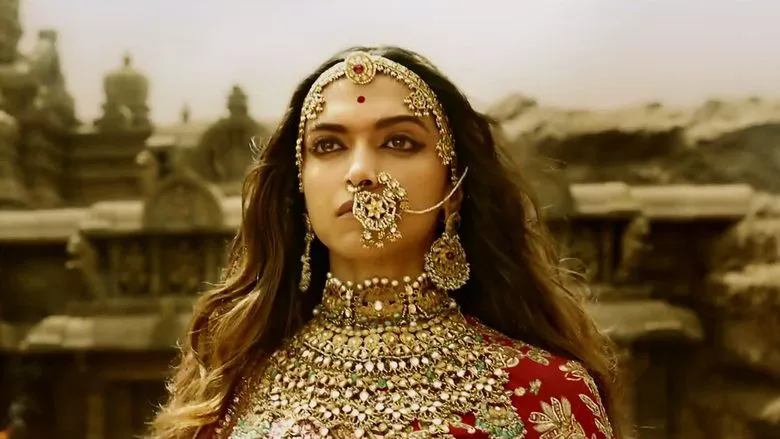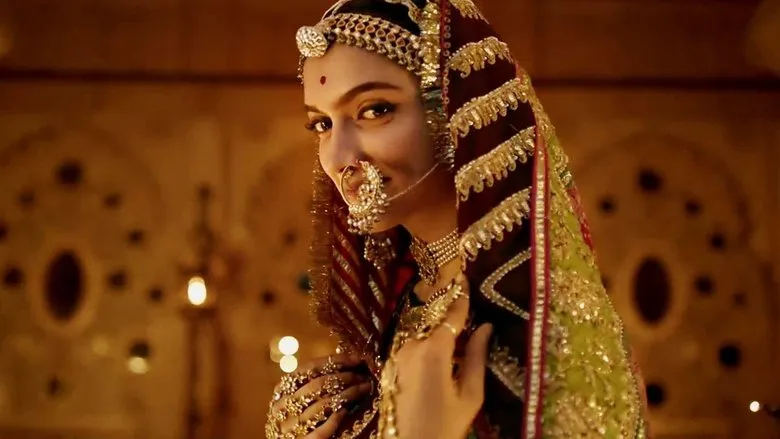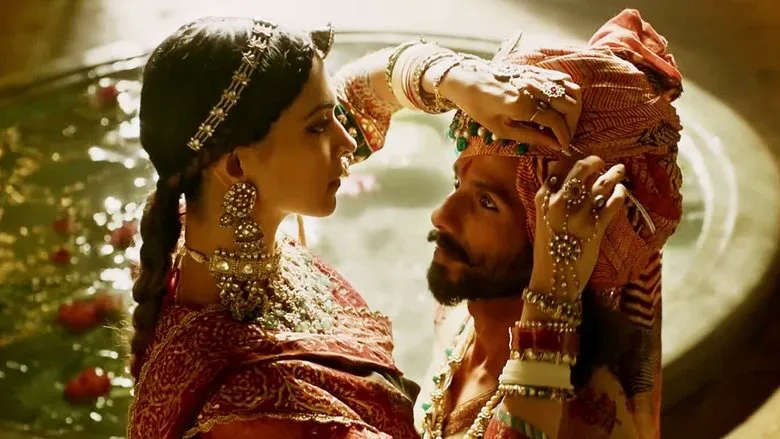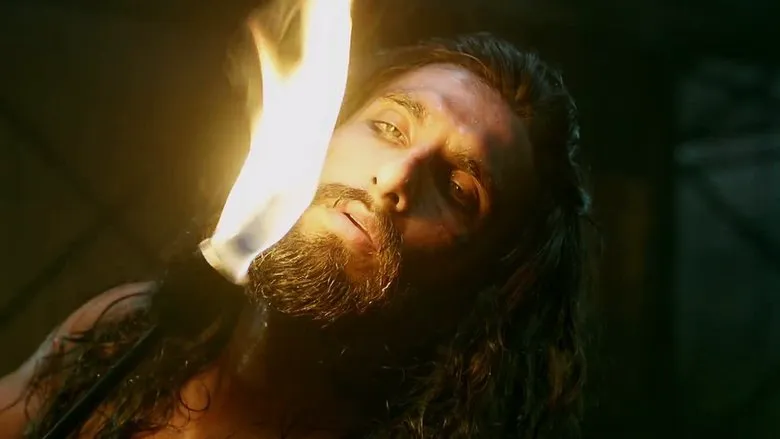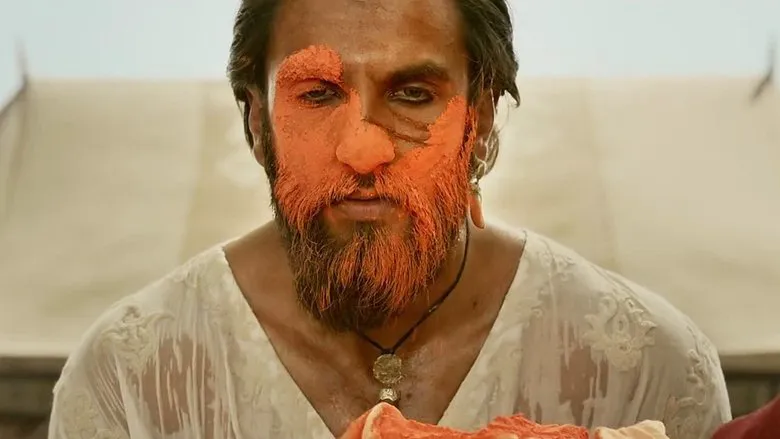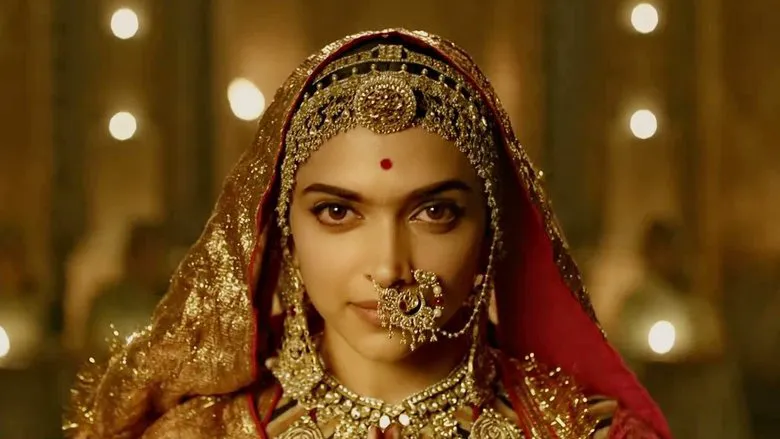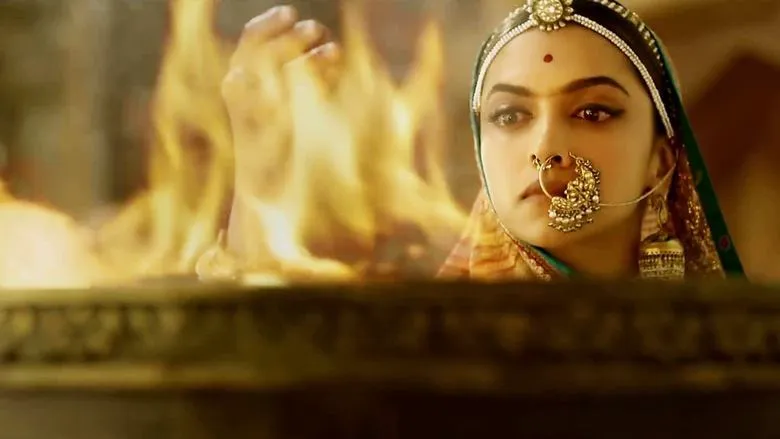A Deep Dive into the Iconic Characters of Padmaavat
Sanjay Leela Bhansali’s Padmaavat is a visually spectacular epic that plunges viewers into the grandeur and turmoil of 13th-century Rajputana. Beyond its lavish sets, intricate costumes, and breathtaking cinematography, the film truly shines through its compelling and complex character portrayals. At the heart of this historical drama are three pivotal figures whose intertwined destinies drive the narrative: Queen Padmavati, the embodiment of beauty and honor; Alauddin Khilji, the ruthless Sultan consumed by obsession; and King Ratan Singh, the valiant and honorable ruler.
Queen Padmavati: Beauty, Grace, and Unyielding Resolve
Deepika Padukone’s portrayal of Queen Padmavati is nothing short of mesmerizing. Introduced as Padmini, the film immediately establishes her ethereal beauty, which is not merely superficial but rather a reflection of her inner strength and wisdom. She is depicted as a woman of profound dignity, intelligent grace, and unwavering devotion to her husband, King Ratan Singh, and her Mewar kingdom.
Padmavati’s journey transforms her from a beloved queen living a life of “simple elegance” into a formidable symbol of Rajput pride and conviction. Her beauty becomes the catalyst for war, yet she never succumbs to the status of a mere prize. She subtly influences critical decisions, displaying a keen understanding of court politics and strategic foresight when her kingdom faces crisis. Whether confronting Khilji’s cunning plots or making the ultimate sacrifice, Padmavati consistently embodies courage and self-respect. Her final act, leading the Rajput women in Jauhar, is not one of weakness but a defiant assertion of honor over subjugation, showcasing her profound commitment to her people and their heritage.
Padukone excellently conveys Padmavati’s internal conflict and stoicism, making her a character who is both vulnerable and incredibly formidable. Her performance anchors the emotional core of the film, highlighting the power of love and sacrifice.
Sultan Alauddin Khilji: The Embodiment of Ruthless Obsession
Ranveer Singh’s portrayal of Sultan Alauddin Khilji is a masterclass in villainy. Khilji is introduced as a barbaric, ambitious, and sexually uninhibited ruler driven by an insatiable lust for power and conquest. His character is a stark contrast to Ratan Singh’s chivalry, representing unchecked ambition and moral decay. From the moment he hears of Padmavati’s unparalleled beauty, his desire for her rapidly transforms into a rabid obsession that clouds his judgment and fuels his every brutal decision.
Khilji’s cruelty isn’t just external; Singh conveys an unnerving internal madness, a simmering rage that can erupt at any moment. His expressions, body language, and even his laughter are laced with a destructive energy that makes him truly terrifying. He sees Padmavati not as a woman, but as a prized possession, “a jewel” that will solidify his power and reputation. This objectification defines his pursuit, making him an unstoppable, relentless force of destruction.
Singh embraces Khilji’s villainy completely, delivering an electrifying and unforgettable performance that makes him one of Indian cinema’s most iconic antagonists. His presence dominates every scene he is in, creating a palpable sense of dread and conflict central to the film’s narrative.
King Ratan Singh: Chivalry, Love, and Rajput Honor
Shahid Kapoor’s portrayal of King Ratan Singh provides a crucial moral anchor to Padmaavat. Ratan Singh is the epitome of the Rajput code of honor, embodying chivalry, diplomacy, and unwavering love for his queen and kingdom. He is a king who prioritizes peace and noble conduct, initially attempting to resolve conflicts through negotiations rather than immediate warfare.
His deep and tender bond with Padmavati is one of the most beautiful aspects of the film. Their relationship is built on mutual respect and profound affection, creating a contrast to Khilji’s predatory desires. Ratan Singh’s journey is one of a ruler forced to abandon his diplomatic ideals in the face of insurmountable evil. Despite his initial preference for peace, he proves himself to be a valiant warrior when pushed, leading his men with courage and ultimately laying down his life for the honor of his kingdom and his queen.
Kapoor delivers a nuanced and emotional performance, balancing Ratan Singh’s kingly duties with his personal vulnerabilities. He captures the essence of a righteous ruler trapped in a vicious war, whose sacrifices resonate deeply with the audience. His character serves as a powerful representation of the Rajput spirit – brave, honorable, and fiercely protective of its values and people.
Conclusion: A Trio Driving an Epic Narrative
The principal characters of Padmaavat are more than just roles; they are archetypes that fuel the film’s grand narrative and its explorations of love, honor, power, and obsession. Queen Padmavati, Sultan Alauddin Khilji, and King Ratan Singh represent the opposing forces that clash dramatically in this unforgettable epic. Their exceptional portrayals by Deepika Padukone, Ranveer Singh, and Shahid Kapoor are instrumental in making Padmaavat a cinematic spectacle that is both visually breathtaking and deeply resonant, leaving a lasting impression on the audience.
